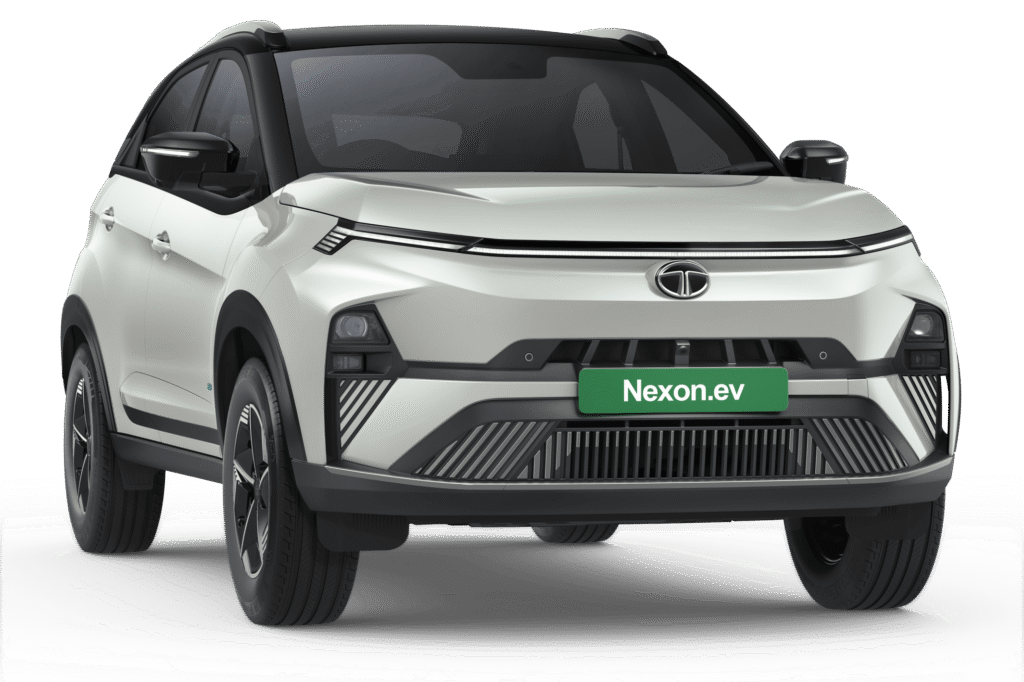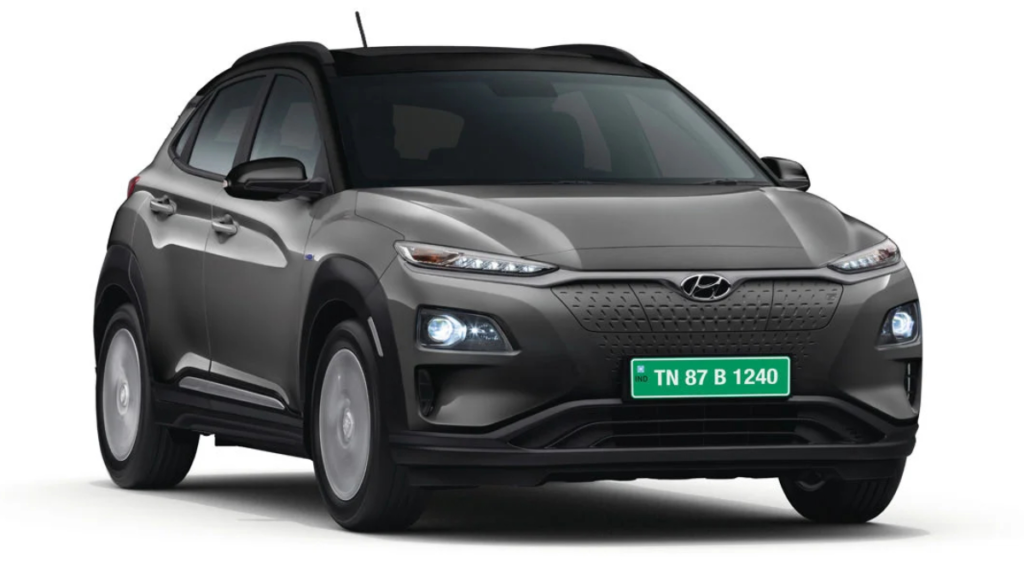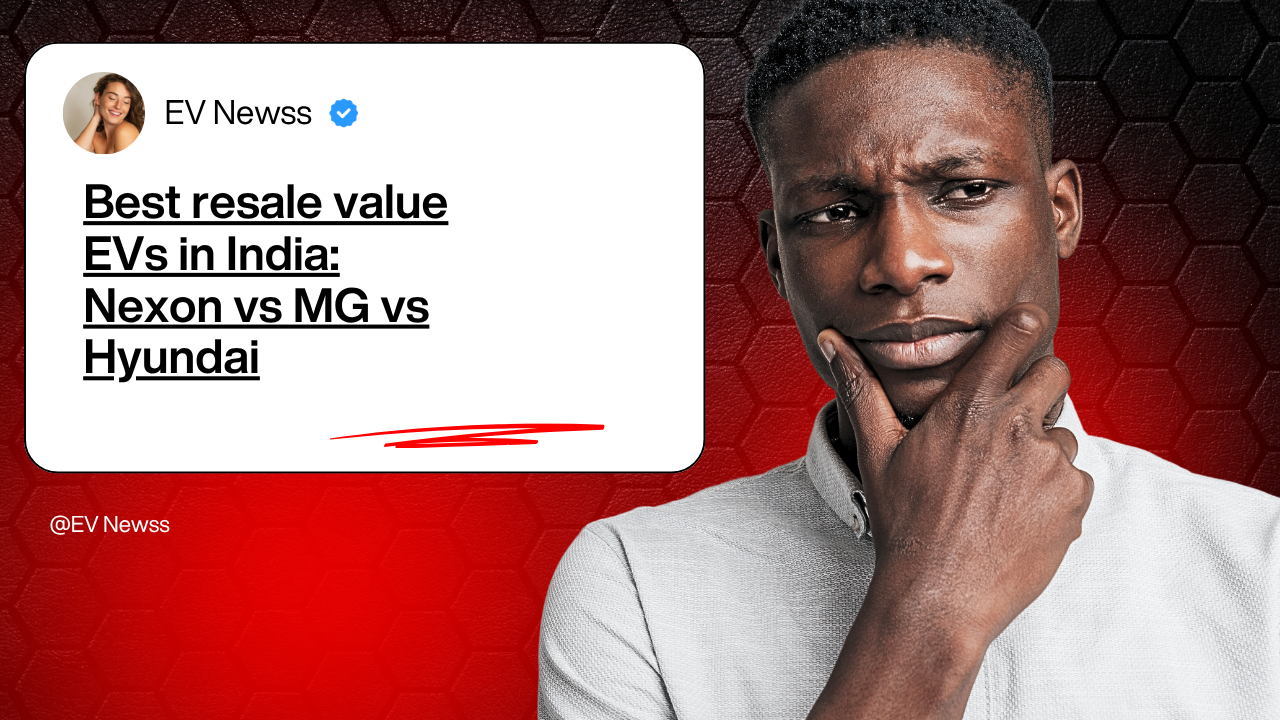As India rapidly transitions to electric mobility, one major concern lingers among prospective EV buyers — resale value. For decades, Indian consumers have measured a vehicle’s worth not just by its features or fuel economy, but also by how well it retains value after a few years of use.
With rising adoption of EVs, brands like Tata, MG, and Hyundai are now dominating the used EV space. But which of these offers the best resale value in India in 2025? Let’s explore data, user insights, expert evaluations, and market trends.
Understanding EV Resale Trends in India (2023-2025)
Over the last few years:
- Used EV demand has grown by over 200%.
- Tata Nexon EV models are getting sold within days in the used car market.
- Depreciation of EVs is narrowing, especially for trusted OEMs.
- Battery health reports and telematics have become critical resale tools.
Used car platforms like Spinny, Cars24, and OLX Autos confirm the retention value of EVs is improving, especially for models with good service networks and battery warranties.
Tata Nexon EV: The Resale Champion?

Launch Year: 2020 (Updated EV Max and EV Prime in 2022-2023)
Price (New in 2025): ₹15.5 – ₹19 lakh (Ex-showroom)
Resale Price (3 years old): ₹10 – ₹14 lakh
Depreciation Rate (3-year average): ~28-35%
Pros for Resale:
- High brand trust in India
- Wide service reach
- Long battery warranty (8 years/1.6 lakh km)
- Regular OTA updates
- Strong demand in tier-2 and tier-3 cities
Limitations:
- Perceived as a mass-market EV
- Fewer tech features vs MG or Hyundai
Verdict: Nexon EV offers the best resale value in the Indian EV space today, thanks to local manufacturing, trust, and a loyal customer base.
MG ZS EV: Premium Features, Mid-Level Resale

Launch Year: 2020 (Facelift in 2022)
Price (New in 2025): ₹22 – ₹26 lakh (Ex-showroom)
Resale Price (3 years old): ₹13.5 – ₹17.5 lakh
Depreciation Rate (3-year average): ~30-38%
Pros for Resale:
- Premium cabin and features
- Good range (400+ km in real world)
- Strong presence in metro cities
- British branding perception
Limitations:
- Higher upfront cost
- Limited MG service touchpoints
- Less recognition outside tier-1 cities
Verdict: Great resale value among premium EVs, but not as liquid in smaller cities due to brand familiarity and maintenance cost perceptions.
Hyundai Kona Electric: The Underrated Player

Launch Year: 2019 (Facelift in 2024)
Price (New in 2025): ₹23 – ₹25 lakh
Resale Price (3 years old): ₹12.5 – ₹16 lakh
Depreciation Rate (3-year average): ~35-40%
Pros for Resale:
- Proven global product
- Excellent battery thermal management
- Hyundai’s service reliability
- Steady but niche demand
Limitations:
- Higher depreciation vs Nexon
- Limited sales numbers reduce buyer recall
Verdict: A solid used buy for tech-savvy users, but resale value isn’t as strong due to low volume sales and brand positioning.
Resale Value Comparison Table (2025)
| EV Model | Avg. New Price | Avg. 3-Yr Resale Price | Depreciation (%) | Battery Warranty |
|---|---|---|---|---|
| Tata Nexon EV | ₹16.5 lakh | ₹12.2 lakh | 28% | 8 yrs / 1.6 lakh km |
| MG ZS EV | ₹24 lakh | ₹15.5 lakh | 35% | 8 yrs / 1.5 lakh km |
| Hyundai Kona | ₹24 lakh | ₹14.5 lakh | 40% | 8 yrs / 1.6 lakh km |
Key Factors That Affect EV Resale in India
- Battery Health: Most critical metric. EVs with 90%+ SOH (State of Health) command better resale.
- Brand Trust: Indian buyers lean toward Tata and Hyundai due to service confidence.
- Service Records: A complete record improves resale significantly.
- Updates & Connectivity: EVs with OTA and app support age better.
- Warranty Transferability: Longer warranties with transferable terms improve value.
- Charging Infrastructure: Buyers prefer EVs with better support for DC fast charging.
Expert Tips for Maximizing Your EV’s Resale Value
- Keep your battery charged between 20–80% for longer life
- Avoid fast charging every time—use AC charging for regular use
- Service your car regularly and keep a digital logbook
- Use certified resale platforms like Spinny, Cars24, or OEM buy-back programs
- Ensure the RC document reflects “Electric” fuel type properly
Upcoming EVs That Could Hold Good Resale
- Tata Curvv EV – Expected launch in late 2025
- Maruti eVX – Backed by Maruti’s resale trust
- MG Cloud EV – Urban hatch with affordable price tag
- Hyundai Creta EV – Brand trust plus compact SUV body
FAQs – EV Resale in India
Q1. Do EVs have lower resale value than petrol cars?
Not necessarily. EVs like the Nexon EV have comparable or better resale in many urban markets.
Q2. What affects an EV’s resale price most?
Battery health, warranty coverage, and service record.
Q3. Which brand has the highest resale in EVs?
Currently, Tata Motors, especially with the Nexon EV series.
Q4. Can I sell an EV with battery lease?
Some brands offer battery-as-a-service. Check transferability terms before resale.
Q5. Are used EVs reliable?
Yes, if they have proper battery health and manufacturer service support.
Conclusion: Nexon Leads, But Others Aren’t Far Behind
In 2025, Tata Nexon EV remains the clear winner in resale value, but MG ZS EV and Hyundai Kona offer strong alternatives in the premium segment. As India’s EV ecosystem matures, expect resale metrics to become a key deciding factor for both buyers and sellers.
Investing in an EV today is no longer a shot in the dark. With better warranties, battery safety, and growing demand for used EVs, the future looks electric—and valuable.
READ OUR OTHER RECENT POSTS
- Best resale value EVs in India: TATA Nexon EV vs MG ZS EV vs Hyundai Kona EV
- Do electric scooters really save money? Real-world 1-year cost breakdown
- What is a Blade Battery? Why Ola and BYD are betting big on it?
- Cheapest Electric Scooters with Removable Batteries (Updated List 2025)
- Tata Power vs Ather Grid vs Zeon – Which EV charging network is best?

1 thought on “Best Resale value EVs in India: TATA Nexon EV vs MG ZS EV vs Hyundai Kona EV”